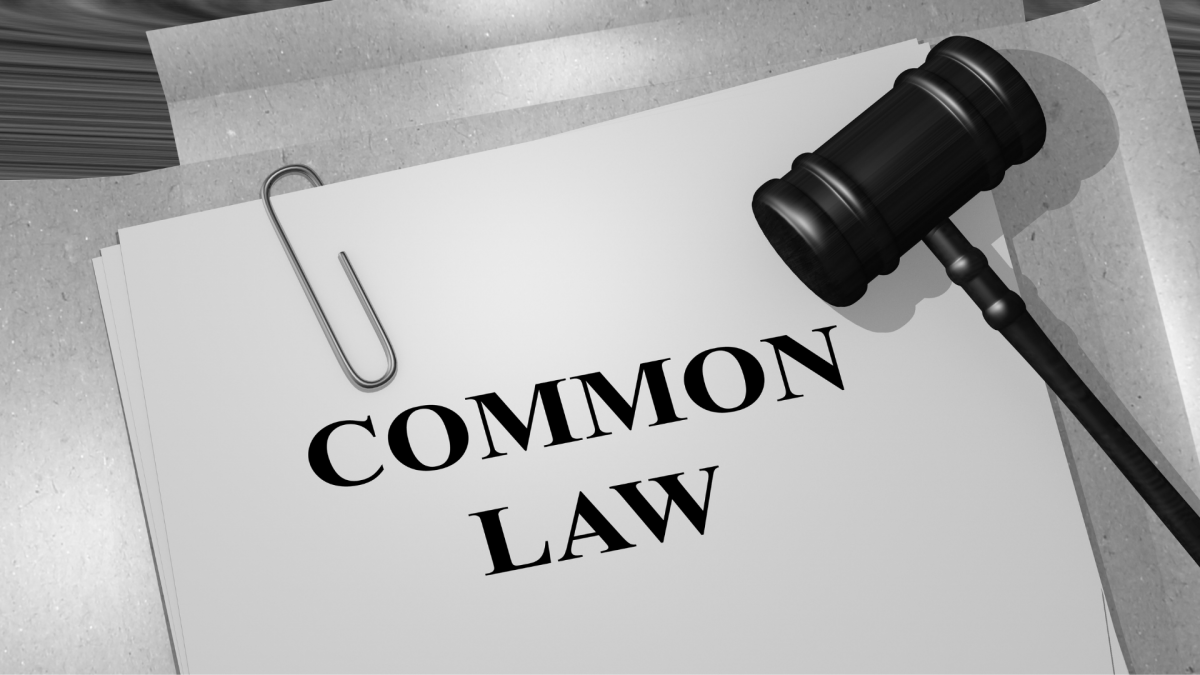Introduction
In our daily lives, we constantly rely on mental shortcuts, or heuristics, to make decisions quickly and efficiently. However, these shortcuts can sometimes lead us astray, causing us to make irrational choices. One such mental model that influences our decision-making is the Common Law model. Common Law refers to a cognitive bias that places undue weight on past decisions or precedents, even when they no longer align with our best interests or present circumstances. Understanding this mental model is crucial for making informed decisions and avoiding potential pitfalls. In this blog post, we will explore the concept of Common Law, its relevance in decision-making, its psychological underpinnings, real-life examples of its occurrence, and practical strategies to overcome this bias.
Defining Common Law and its Relevance
The Common Law mental model draws its name from the legal system that relies heavily on past court decisions as a basis for current judgments. Similarly, in decision-making, the Common Law bias involves relying too heavily on precedent, irrespective of its applicability to the present situation. This bias is rooted in our tendency to seek and trust familiar patterns, as well as our aversion to uncertainty and ambiguity. By relying on past decisions, we attempt to simplify complex choices and reduce cognitive effort.
However, this mental model can lead to irrational decisions. As circumstances change and new information becomes available, blindly following precedent can hinder adaptability and innovation. By anchoring ourselves to outdated or irrelevant precedents, we fail to consider alternative perspectives, fresh insights, and emerging possibilities. This can be detrimental to personal growth, business success, and effective policy-making.
Occurrences of Common Law Bias in Various Contexts
Personal Life Decisions: Imagine a person who has always pursued a career in a particular field due to family expectations or societal norms. Despite feeling unfulfilled, they persist in following the same path out of a sense of obligation. The Common Law bias traps them in a cycle of conformity, preventing them from exploring new passions and potentially finding true fulfillment.
Business Scenarios: In the business world, the Common Law bias can manifest when companies cling rigidly to outdated strategies and practices, ignoring emerging market trends and technological advancements. Blockbuster Video, once a dominant force in the home entertainment industry, fell victim to this bias by failing to adapt to the rise of streaming services. Their reluctance to abandon the precedent of physical video rentals ultimately led to their downfall.
Public Policy-Making: Governments often fall into the Common Law trap when making public policy decisions. When policymakers rely solely on past policies without considering evolving societal needs, they risk perpetuating outdated and ineffective systems. For example, maintaining strict drug laws without considering changing social attitudes and evidence-based research can impede progress in addressing substance abuse and harm reduction.
Psychological Biases and Underpinnings
The Common Law bias is influenced by several cognitive biases that affect our decision-making:
Anchoring Bias: The tendency to rely heavily on the first piece of information encountered when making judgments. Precedents act as anchors, shaping our perception of what is reasonable or appropriate.
Status Quo Bias: Our inclination to favor the current state of affairs and resist change. The Common Law bias reinforces the status quo, making it challenging to challenge established norms.
Availability Heuristic: We give more weight to information that is readily available in our memory. Familiar precedents often come to mind more easily, leading us to overvalue them.
In addition to these biases, social and cultural factors can reinforce the Common Law bias. The desire to conform to societal expectations and norms can create immense pressure to adhere to precedents, even when they are no longer relevant or beneficial.
Identifying and Overcoming the Common Law Bias
Recognizing when we are succumbing to the Common Law bias is essential for overcoming it. Here are some strategies to help identify and avoid this mental trap:
Encourage Diverse Perspectives: Actively seek out alternative viewpoints and opinions. Engage in discussions with people who challenge prevailing notions and encourage innovative thinking.
Embrace Discomfort and Uncertainty: Be open to exploring new ideas and approaches, even if they deviate from past practices. Embracing uncertainty allows for flexibility and adaptability.
Question Assumptions: Continually evaluate the rationale behind decisions and precedents. Challenge the notion that past decisions are always the best guide for the present.
Consider Evidence-Based Research: Rely on empirical data and research findings to inform decisions, rather than solely relying on anecdotal evidence or past experiences.
Cultivate a Growth Mindset: Foster a mindset that embraces continuous learning and personal growth. This mindset encourages individuals to question the status quo and seek opportunities for improvement.
Conclusion
The Common Law mental model, rooted in our psychological biases and tendencies, can often hinder rational decision-making. By relying excessively on past decisions and precedents, we risk failing to adapt to changing circumstances and missing out on new possibilities. Awareness of this bias is crucial for making objective decisions that align with our best interests. By actively seeking diverse perspectives, challenging assumptions, and embracing change, we can break free from the shackles of the Common Law bias and make more informed choices. Embracing this mindset enables personal growth, innovation in business, and effective policy-making, ultimately leading to a more progressive and adaptable society.
